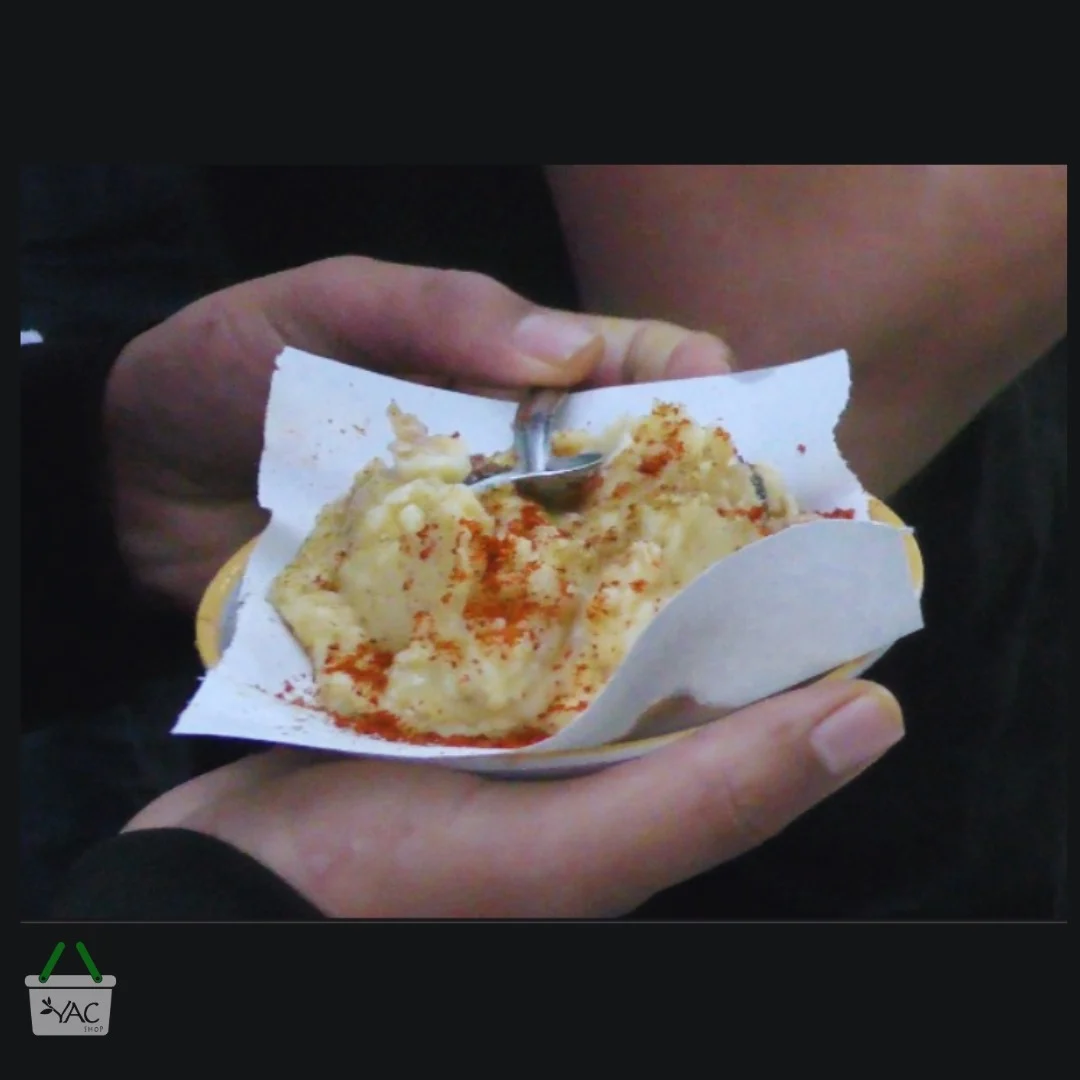
The SIAM 2025 E-Ticket is Now Available
April 11, 2025
Visiting Oujda with Family? Don’t Miss the Famous 2 Dhs Karan!
June 25, 2025I am Oujdi and Proud of It!
A Millennial Foundation
The founding of the city of Oujda is traditionally attributed to Ziri Ben Attiya, leader of the Meghraoua tribe, in the year 994 (384 AH). He established the city as the capital of his state, making it the seat of the Zenata dynasty for eighty years. However, some sources suggest that Oujda existed even before that time.
The city went through various ruling powers: the Almoravids, followed by the Almohads who reinforced its fortifications in 1206. In 1298, the Marinid Sultan Abou Youssef completely rebuilt the city after its destruction by his father Abou Yaacoub in 1272. He added new walls, a kasbah, a palace, a mosque, and Moorish baths. Later, the Saadians and Alaouites fought over Oujda until Sultan Moulay Ismail reorganized the city from 1673 onward. It briefly came under Ottoman control around 1692 before returning to Moroccan rule until the French occupation in 1907.
A Crossroads of Conflict and Innovation
Due to its proximity to the Algerian border, Oujda was the first city to experience French incursions—in 1844, 1859, and 1907. Ironically, Oujda became the first Moroccan city to host modern infrastructure: the first railway station, state bank, church, modern school, courthouse, and telephone exchange. This modernization greatly benefited Oujdis in education, healthcare, urban planning, and architecture.
Oujda, a Commercial Hub
From 1907 onward, the arrival of Europeans led to a surge in commercial activity. Businesses selling household goods, banks, jewelry stores, medical clinics, pharmacies, photography studios, cinemas, department stores, and hardware stores flourished. These new businesses were categorized into:
- Services catering to foreign populations (wine shops, delicatessens, perfumeries, car dealerships)
- Agriculture-related commerce (fruits, vegetables, farm machinery)
- Export activities (grains, leather, hides, wool, livestock)
Oujda’s strategic location between Tlemcen and Fez made it a vital trade hub, attracting neighboring tribes to its daily markets. Merchants in the city included both Muslims and Jews.
A City of Harmonious Coexistence
Oujda is a symbol of interfaith harmony. In the old medina, Muslims and Jews lived side by side. Christians, Jews, and Muslims all practiced their faiths freely in their respective places of worship: church, synagogue, and mosque. All communities regularly visited the mausoleum of Sidi Yahya Benyounès, a symbol of religious tolerance.
Located six kilometers south of the city, the oasis of Sidi Yahya was a serene pilgrimage and leisure spot. Jews, Christians, and Muslims gathered there, especially on Thursdays and Fridays. The saint is believed to cure illnesses and bless the infertile. In fact, the local football team Mouloudia visited the site before important matches in the 1970s.
A Blended Moroccan-Algerian Identity
Oujda’s culture is a deep Moroccan-Algerian blend visible in wedding attire, cuisine, music (gharnati, yaâlaoui, raï), crafts, and textiles. Linguistically, the local dialect borrows from French, Turkish, and Spanish. Mixed marriages were common until 1962, further enriching the city’s identity.
Visited by Notable Figures
Since the late 19th century, Oujda has welcomed numerous distinguished visitors:
- 1884: Charles de Foucauld
- 1904: Isabelle Eberhardt
- 1907, 1913, 1922: Marshal Lyautey
- 1925: Georges Clemenceau, Marshal Pétain
- 1941, 1947: General Juin
- 1943: General Clark (USA), Antoine de Saint-Exupéry
- 1947: Marshal Leclerc
The city also hosted renowned artists and intellectuals: Paulette Dubost (1936–1944), Nathalie Delon (born in Oujda in 1941), Charles Aznavour, Alain Bombard, Roland Paskoff (geographer), Christian Nucci (former minister), Maurice Lévy (CEO of Publicis), Frantz Fanon, and Nelson Mandela.
Today, Oujda remains the living memory of the Oriental region. Its tangible and intangible heritage is a national treasure to be preserved. A crossroads of cultures and bridge between civilizations, Oujda truly illustrates Fernand Braudel’s words:
“Civilizations are built on borders.”






